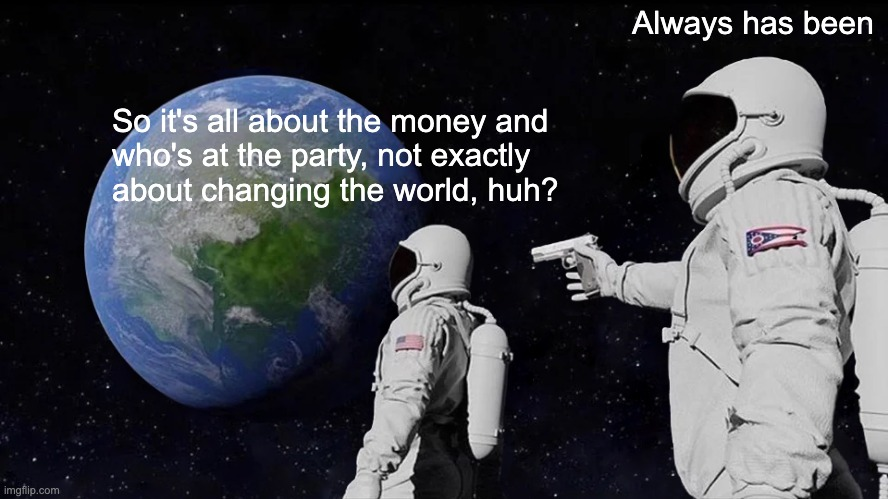
Steph from OpenVC
@stephnass
Co-founder at OpenVC.app. Building the front door into venture capital. I tweet incredible tools and terrible insights for VCs and founders. 🫡
ID: 552572663
https://openvc.app 13-04-2012 09:57:55
16,16K Tweet
12,12K Followers
1,1K Following






















